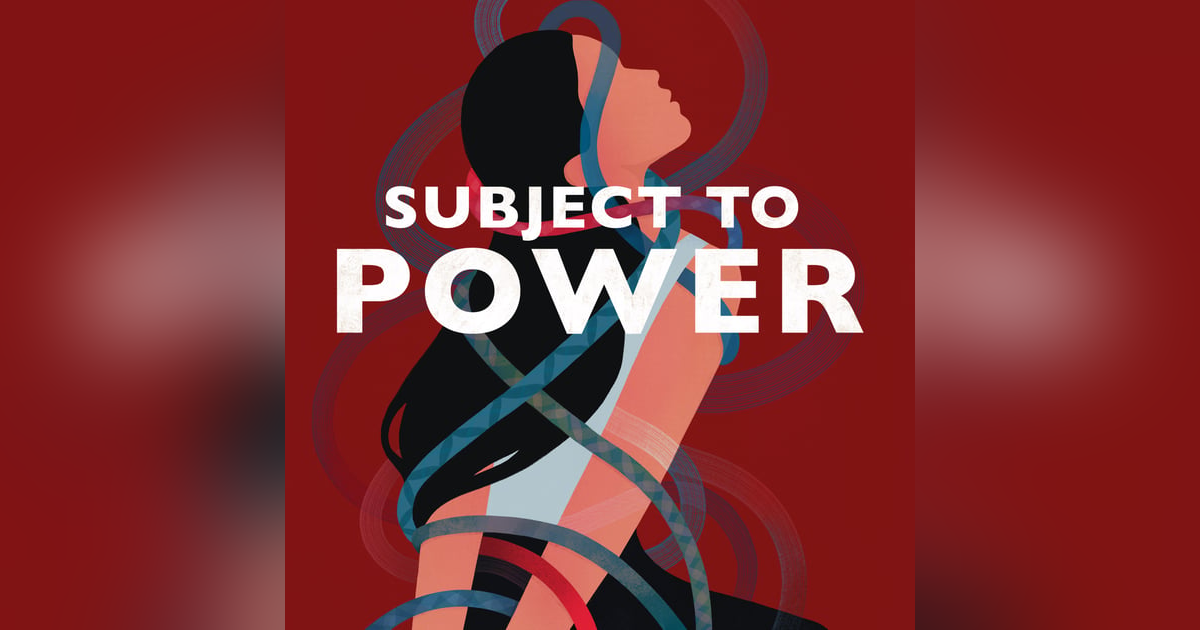Forever In Our Feelings


In trying to explain inequality between the sexes - we often arrive at the idea that women inhabit the emotional realm, and that men inhabit the thinking realm - and in the hierarchy of realms, thinking is considered superior.
In this episode, trauma...
In trying to explain inequality between the sexes - we often arrive at the idea that women inhabit the emotional realm, and that men inhabit the thinking realm - and in the hierarchy of realms, thinking is considered superior.
In this episode, trauma and dissociation specialist Christine Forner crushes the “feelings versus thought hierarchy” and breaks down how absurd - and harmful - this fictional concept is. She also takes Elle on a deep dive into what human emotion, or the affective circuitry - as she calls it - actually is and how it works.
You will never again think of emotions as a trait reserved for certain groups, or something to control, or separate your thinking from - but rather something every human being on the planet depends on to be a human being. Also included: Taylor Swift’s feminism, how to process your trauma competing in Iron Man races, and some very good ideas about how we can cure patriarchy.
Credits
Host: Elle Kamihira
Produced by Elle Kamihira
Audio Engineering by Jason Sheesley at Abridged Audio
Cover Art by Bee Johnson
Music by Beware of Darkness

Christine Forner
Trauma Specialist (BA, BSW, MSW, RSW)
Christine Forner has been working with survivors of domestic abuse, child sexual abuse and other forms of severe abuse and violence for 35 years. She is a clinical social worker, working in private practice, specializing in dissociative disorder, complex post traumatic stress disorder and other early attachment harms.
Christine is a past president of the International Society for the Study of Trauma and Dissociation and lectures internationally on the issue of dissociation, complex trauma, and the intersection of dissociation and mindfulness. She has authored a number of articles on the topic of dissociation and mindfulness and most recently her work has focused on the origins of misogyny and the patriarchy from a neurobiological and trauma lens. She is the author of Dissociation, Mindfulness and Creative Meditations: Trauma Informed Practices to Facilitate Growth.









